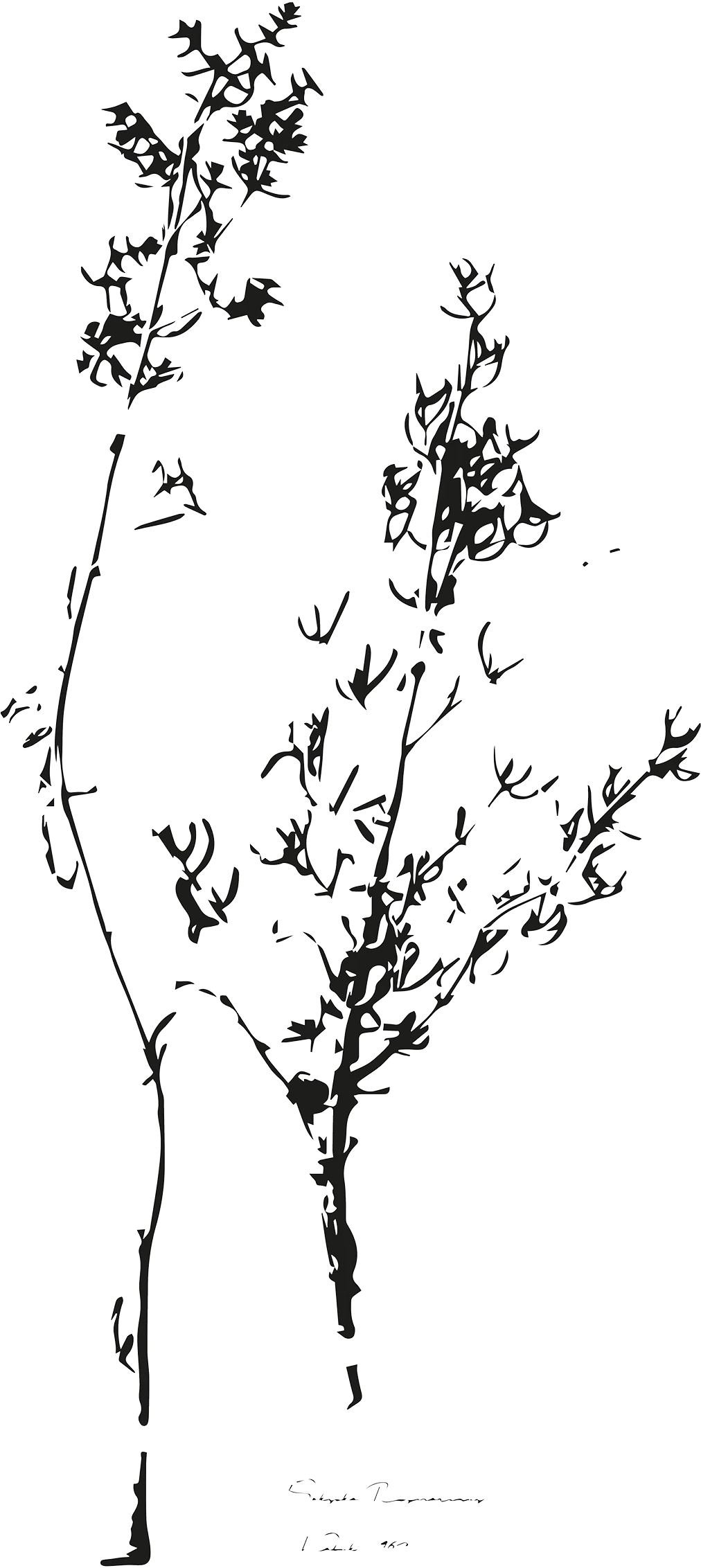Do we stay or do we go?
When Afghanistan fell to the Taliban we immediately paused trading with Afghanistan. After much deliberation, we have now taken the decision to continue our work in the country.
Here, we are sharing the thinking which led us to this decision, and the facts as we understand them, so that you can also make up your own mind where you stand. We are always open to different opinions and to be challenged, so please feel free to write to us at contact@ishkar.com to share your view.
Initially pausing our work was an easy decision
More than 80% of our products are produced in Afghanistan. Afghanistan is where ISHKAR was founded. The country is the heart of ISHKAR, and in the hearts of everyone who works here. Halting our work in Afghanistan was therefore extremely painful. Nevertheless, it was an easy decision to make at the time.
Firstly, whilst the world’s eyes remained on the country, we felt our greatest priority was to concentrate our efforts on raising as much money as we could for organisations providing humanitarian aid in the midst of the crisis. We launched a fundraiser for EMERGENCY Hospitals, which you can read about here.
Secondly, in the days following the collapse of the government, Afghanistan’s borders shut, logistics routes were disrupted, and the collapse of the banking system meant we could no longer pay our artisan partners even if we wanted to.
Thirdly - and most importantly - with so much uncertainty surrounding how the Taliban would govern and how our partners would be treated, we were not able to judge whether our continued work in Afghanistan would be doing more harm than good.
As the Taliban swept to power, we had three immediate concerns:
1. Would our partners be endangered by working with us? We were not sure if our partners' association with an international company would expose them to risk. Given that many of our artisan partners are female, we were also unclear how this would affect their ability to work. As a precautionary measure we immediately removed any photos of artisans and local partners from our website and social media pages.
2. Would the money we send to Afghanistan be directly funding the Taliban? We were extremely concerned that the Taliban would tax our artisan partners heavily, and by trading with Afghanistan we would be unable to avoid directly funding the Taliban.
3. By trading with Afghanistan would we be legitimising the Taliban government? It can be argued that by supporting trade with Afghanistan we are in some way legitimising the Taliban government. The Taliban could use examples such as ours to demonstrate that they are a functioning government that has the support of the international community.
Although the initial decision to pause our work was straightforward, the long-term picture is far more complicated.
Once the dust had settled in the days and months following the fall of Afghanistan to the Taliban, we contemplated the downsides of pausing our work indefinitely. The following risks were at the forefront of our minds:
1. Grave economic consequences. By turning our back on Afghanistan we would be denying Afghanistan crucial economic opportunities at a time when the artisans we work with, and the ecosystems they are connected to (material suppliers, logistics companies, landlords etc), are all struggling to keep their heads above water. The craft sector is a major industry in Afghanistan, with over a million carpet weavers working in the country. The collapse of craft means the collapse of a major economic pillar. When we visited Timbuktu in Mali, we were given a powerful premonition of how artisans were vulnerable to recruitment by Jihadist groups once they had lost their jobs. Read more here.
2. Psychological blow. Beyond jobs themselves, the loss of work would be denying our artisan partners psychological respite from the extreme stress of the ongoing situation. In particular, this is keenly felt by female artisans who are facing narrowing opportunities to express themselves and engage in meaningful work.
3. Eroding pathways. Turning our backs now would be contributing to Afghans’ deepening sense of betrayal, ostracization and abandonment. It will break connections and pathways between Afghanistan and the outside world at a time when they are needed most. More specifically, it will break normalized business connections, meaning the west’s interaction with Afghanistan becomes solely through the prism of aid. Read why we think this is damaging here.
The more isolated Afghanistan becomes the more likely it is that Afghanistan descends further into a chaos, and worsening poverty, famine and terrorism. Halting our work in the country would also reduce our ability to gather real stories from the ground and share a more nuanced view of Afghanistan that goes beyond the stories that typically reach our headlines.
4. Loss of culture. Without continuing to support Afghanistan’s artisans, many crafts risk being lost altogether as artisans down their tools in search of other work. Many crafts in Afghanistan are already in a fragile state, and only survive through the knowledge of a handful of experienced artisans, a large number of which have already left the country. As Afghanistan experienced in the 1990s, once crafts are lost they are extremely difficult to bring back to life. There is a real danger that the progress made through the hundreds of millions of dollars invested in Afghanistan’s crafts and culture over the last twenty years will be wiped clean within just a few short years.
Having weighed up the risks of continuing and the risks of pausing our work, we decided to continue working in Afghanistan. Why?
1. Ultimately we feel it would be more damaging for the people of Afghanistan to pause our work than to continue. We have extensively interviewed all our friends and partners in Afghanistan. Perhaps unsurprisingly, the resounding message we hear back is “please start trading again!”. As outlined above the people of Afghanistan are facing a horrifying economic, cultural and psychological crisis. We are only a small company, but we do have the power to carve out a positive impact that will make a real difference to individuals' lives. We will no doubt receive significant criticism on social media and in other forums for continuing our work in Afghanistan, but we are prepared to accept this criticism as we have heard loud and clear from those on the ground that this is what they would prefer.
2. Artisans do not appear to be threatened by working with us. Artisans do not appear to have been endangered by working with us. The Taliban are encouraging trade, and crafts are one of the few types of work that the Taliban allow women to do (even if it is at home). We will of course continue to monitor this closely, and if there is any hint of this changing we will take immediate action.
3. Through our trade some money will go to the Taliban, but in many ways this is no different to before. The only taxes the Taliban are collecting as a result of our orders is an export tax which is reported by traders to be around 2% of the value of the goods. So as a customer this equates to roughly 0.6% of the retail price you pay. This is unpalatable but in reality, this does not change much from the status quo before where the Taliban were taking informal taxes on goods travelling through rural areas (particularly carpets).
4. Trade legitimises the Taliban. This is inescapable and something that we cannot avoid. Ultimately, however, we are only a small player. Real legitimacy comes from governments and major multilateral organisations. We believe that the benefit of supporting the people of Afghanistan directly, outweighs the risks of our contribution to Taliban legitimacy.
We look forward to working with our partners in Afghanistan once again and will be bringing you a wide range of new handmade objects in 2022. If you have any questions or would like to share your view with us please do write to us at contact@ishkar.com.






